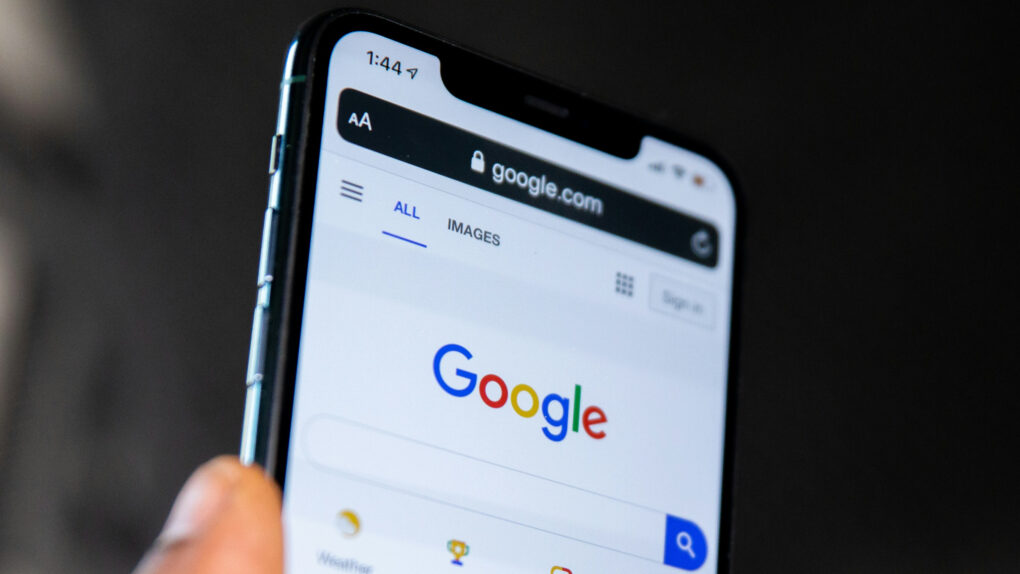Google can continue its search deal to pay Apple billions of dollars a year for a prime spot as Safari’s default search engine, as long as it’s not an exclusive placement, a court ruled Tuesday.
U.S. District Judge Amit P. Mehta said the proposed banning of such payments — which amounted to $26 billion to Apple and others in 2021, and likely grew since then — would actually help Google. Such a move also posed a “substantial risk of harm” to Apple, consumers and Google’s other partners, he said.
“Google will not be barred from making payments or offering other consideration to distribution partners for preloading or placement of Google Search, Chrome, or its GenAI products,” Mehta wrote in the 226-page ruling released Tuesday. “Cutting off payments from Google almost certainly will impose substantial — in some cases, crippling — downstream harms to distribution partners, related markets, and consumers, which counsels against a broad payment ban.”
Apple’s search deal with Google is safe
Apple’s lucrative deal to set Google search as a default in Safari is only one small aspect of U.S. et al. v. Google, a broad antitrust case filed in 2020. However, Mehta’s ruling must surely have brought a massive sigh of relief in Cupertino. Google pays Apple $20 billion a year for default search placement on iPhones, Macs and iPads, court documents revealed.
The downstream effects of banning Google’s billion-dollar search deals could hurt Apple, consumers other tech companies in multiple ways, the judge wrote.
He listed the following bullet points:
- “Fewer products and less product innovation from Apple.”
- “Higher mobile phone prices and less innovative phone features.”
- “Lost competition and innovation from small developers in the browser market.”
- “Less investment in the U.S. market by Android OEMs, which would reduce competition in the U.S. mobile phone market with Apple.”
All in all, a bad deal for everyone — except Google. The company would likely retain its prime placement due to the high quality of its search results, even as AI-powered competitors begin to take a bite out of Google’s search dominance.
“The court cannot predict to any degree of certainty that one or more of these effects will in fact occur,” Mehta wrote. “But the risk is far from small, which is reason enough not to proceed with the remedy.”
If the court had barred Google from making such payments, Apple would have lost roughly 5% of its annual revenue. The ban would have been especially painful for Apple’s services division. The Google deal accounts for approximately 25% of Apple services revenue.
Apple’s stock price spiked nearly 3% in after-hours trading following Tuesday’s ruling that protected the company’s search deal with Google. Share prices of Google parent company Alphabet soared more than 6%.
Other aspects of judge’s ruling in U.S. et al. v. Google
The court found Google to be a monopolist last August, and is only now rolling out proposed remedies. Limiting Google’s paid placement for its search service to nonexclusive deals is only one part of Tuesday’s ruling.
Aside from the Google search deal payments to Apple and others, key parts of the ruling include:
- Google will not be forced to sell off its Chrome browser or its Android operating system, as the U.S. government requested. “Plaintiffs overreached in seeking forced divesture of these key assets, which Google did not use to effect any illegal restraints,” Mehta wrote.
- Google must share some of its most prized possessions — search data — with “qualified competitors.”
- Google will need to create a five-person committee to ensure its compliance with antitrust measures in the court ruling.
The court’s ruling isn’t final, however, The judge instructed the two sides of the case to “meet and confer and present by September 10, 2025, a joint revised final judgment that is consistent with this Memorandum Opinion.”
Google, which denied any wrongdoing, previously said it plans to appeal.


